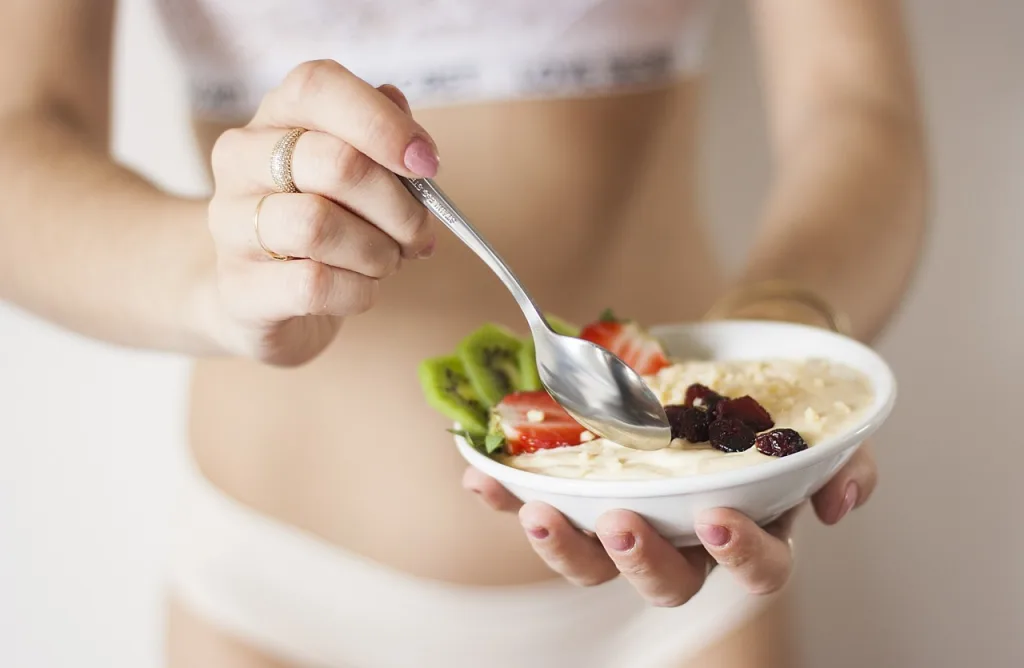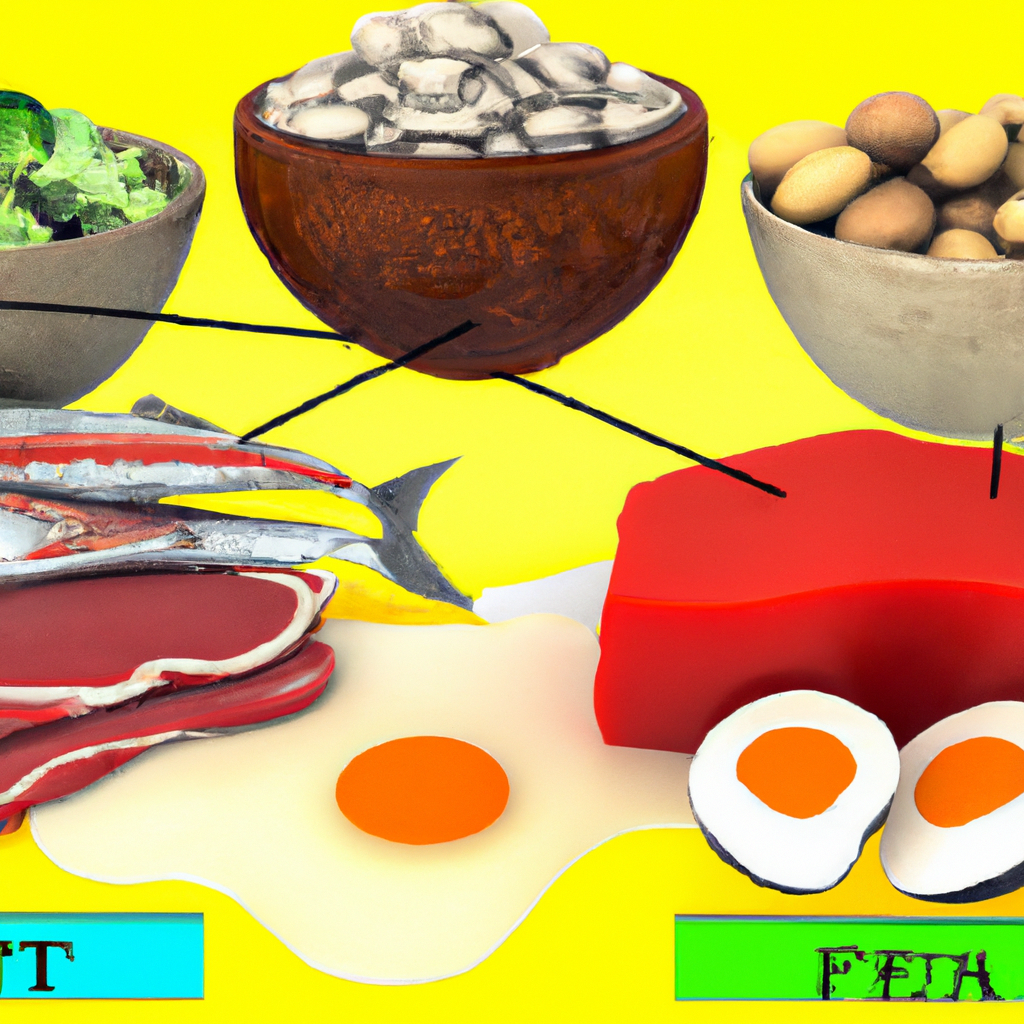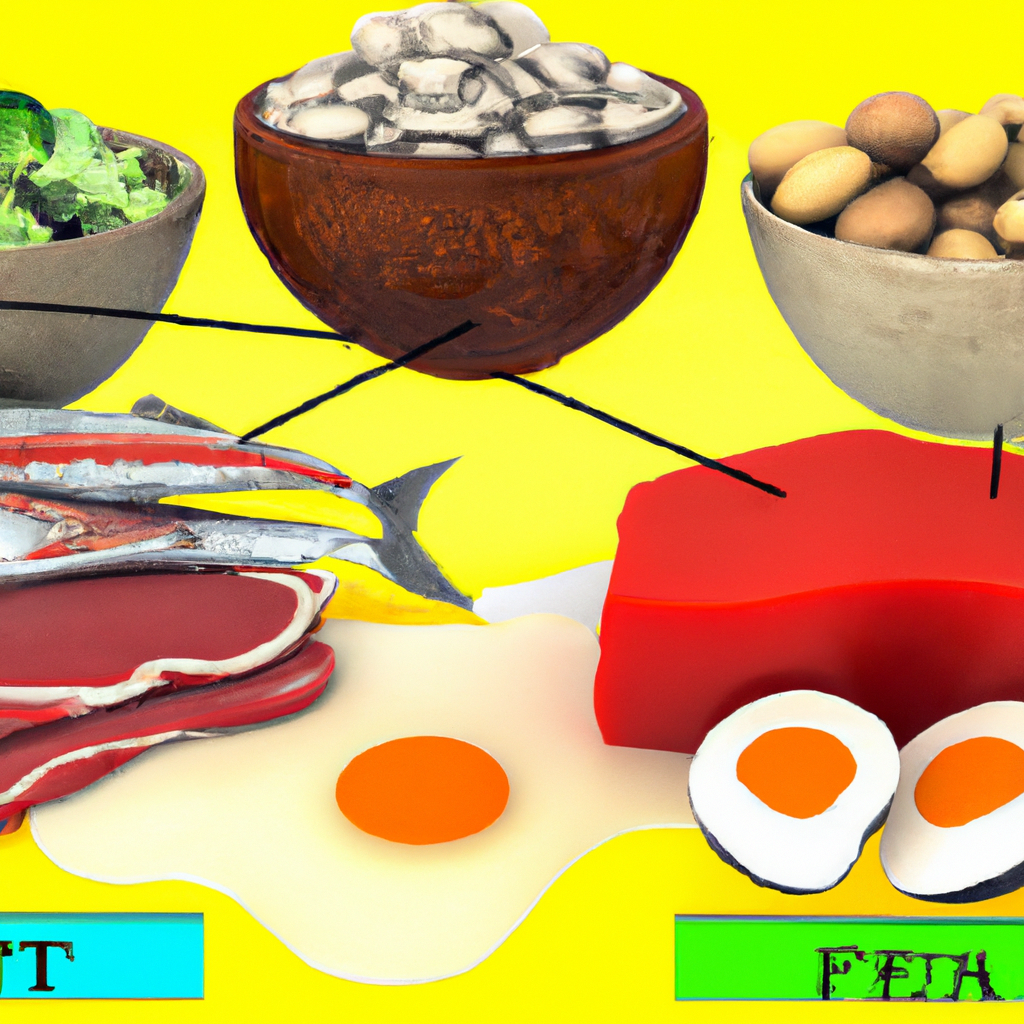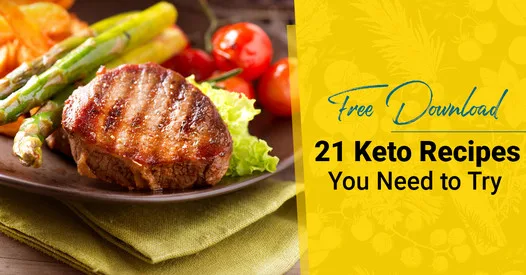So you want to lose weight and you’re torn between opting for a higher protein or a higher fat diet, right? In that case, “Is More Protein Or Fat Better For Weight Loss?” is here to guide you. This article explores the functions of both protein and fat, their impacts on weight loss and how balancing them effectively could aid your journey to a leaner physique. So, roll up your sleeves and get ready to learn some profound dietary insights that could just be the key to your successful weight loss.
Understanding Macronutrients
What are macronutrients
We’ve all heard the term ‘macronutrients’, but what exactly are they? Well, macronutrients are the basic components of our diet and they provide the energy or calories our bodies need. They are comprised of proteins, fats, and carbohydrates. When you’re meticulously counting calories or watching your diet, it’s not just about the numbers. The types of macronutrients in your diet play a crucial role too.
Different types of macronutrients: protein, fat, and carbohydrates
Each macronutrient- protein, fat, and carbohydrates- play different roles in keeping your body functioning at its optimal level. Essential for growth and repair, proteins are principally made up of amino acids. Fats, often looked upon with skepticism, are in fact critical for several bodily functions including hormone production, brain function, and absorption of certain nutrients. Lastly, carbohydrates are your body’s main energy source. Each of these macronutrients contributes uniquely to your health and well-being.
Role of Protein in Diet
How protein works in the body
Protein isn’t just about building muscles. When you consume protein, your body breaks it down into amino acids. These amino acids are then used to maintain your body’s tissues and organs. But that’s not all, proteins also play a major role in creating enzymes and hormones, maintaining fluid balance, and supporting a healthy immune system.
Importance of protein in muscle building and recovery
When it comes to muscle repair and growth, proteins are the leading player. Following a workout, your body uses the amino acids from protein to repair the damaged muscle fibers and to build new muscle tissue. In other words, if you’re into strength training or any kind of physical activity, ample protein is a must for recovery and growth.
Satiating effect of protein
Here’s something you should definitely know: Protein keeps you feeling full for longer. Yes, proteins have a high satiety value- more than carbohydrates and fat- which essentially means that they can keep you feeling satisfied after meals, thereby controlling unnecessary snacking and overeating.

Role of Fat in Diet
How fat works in the body
Fat often gets a bad rap, but it’s a crucial macronutrient. Fat provides your body with energy, as well as supporting cell growth. When your body is at rest or performing low-intensity activities, it burns fat for fuel.
Importance of fat in hormone production and nutrient absorption
Fats are an important factor in hormone production, particularly sex hormones. Not only that, but fats also help your body absorb vitamins A, D, E and K which are fat-soluble vitamins. These vitamins are essential for various bodily functions like maintaining healthy bones, teeth, skin, and eyesight.
Different types of fats: saturated, unsaturated and trans fats
It’s important to note that not all fats are created equal. Unsaturated fats, found in foods like olive oil, nuts, and fatty fish, are considered heart-healthy. Saturated fats, found in meat and dairy products, can be consumed in moderation. Trans fats, however, should be avoided- these are found in fried foods, baked goods, and processed snack foods.
Comparing Protein and Fat for Weight Loss
How protein can aid in weight loss
When it comes to weight loss, protein is a lofty ally. Thanks to its high satiety value, consuming a protein-rich meal keeps you full, therefore lowering the risk of overeating. Furthermore, consuming protein can also help preserve your muscle mass during the weight loss journey, ensuring that your body burns fat instead.
How fat can aid in weight loss
Despite being calorie-dense, fats can assist in weight loss. Why? Because like protein, fats have a high satiety value and keep you full for longer. More so, eating foods high in healthy fats help you absorb vitamins and nutrients from your meals.
Necessity of balance between protein and fat in a weight loss diet
While both protein and fat have their respective roles in weight loss, it’s crucial to maintain a proper balance. Extreme intake of either can lead to health issues such as nutrient deficiency, heart conditions, or kidney damage. In a nutshell, both protein and fat have their merits- it’s all about finding the right balance for you.

Understanding Protein-rich Diets
Types of protein-rich diets
There are various types of protein-rich diets you can try. The Atkins diet, ketogenic diet, and the Paleo diet are some common examples of diets that are high in protein and lower in carbs.
Benefits and drawbacks of high-protein diets
High-protein diets can help promote weight loss, improve muscle mass, and regulate blood sugar levels. However, these diets can also be high in saturated fats and can put a strain on the kidneys, especially if you consume excessive amounts of protein.
Role of protein in thermogenesis and metabolism boosting
Did you know that your body burns calories to digest, absorb, and process the macronutrients in the food you eat? This is called the thermic effect of food and protein is at center stage. Protein induces higher thermogenesis which leads to more calories burned, subsequently fuelling your weight loss efforts.
Understanding High-fat Diets
Types of high-fat diets
high-fat diets like the ketogenic diet and Atkins diet involve a higher intake of fat and a lower intake of carbohydrates. The aim is to get your body into a state of ketosis, where it uses fat instead of carbohydrates for energy.
Benefits and drawbacks of high-fat diets
High-fat diets can lead to significant weight loss and may improve certain health markers like blood sugar and insulin levels. However, they can be challenging to adhere to and may have reported downsides like nutrient deficiencies, liver diseases, and mood swings.
Influence of fat on insulin levels and fat storage
Dietary fat actually has minimal impact on insulin levels, a hormone that regulates blood sugar levels. This means it doesn’t quickly spike your blood sugar levels and keeps you satiated for a long time. However, if you consume more fat than your body needs, it will indeed store it as body fat for future use.

Role of Physical Activity in Weight Loss
Importance of exercise in weight loss
Physical activity complements dietary changes in keeping weight loss sustainable and improving overall health. It helps expend the calories you ingest and increases your metabolic rate, helping you burn more calories.
How exercise impacts protein and fat metabolism
Exercise, especially resistance and high-intensity training, increases the demand for protein to repair and build muscle tissues. It also stimulates the breakdown of stored fat for energy, particularly in workouts of longer duration or higher intensity.
Impact of resistance training on protein needs
Resistance training increases the body’s need for protein as it breaks down and rebuilds muscle fibers. That’s why people who weight train require more protein, as it promotes muscle repair, recovery, and growth.
Health Risks Associated with High Protein or High Fat Diets
Potential health risks of excessive protein intake
Overconsumption of protein could lead to digestive issues, such as constipation. Too much protein can also negatively affect kidney function, especially for those with pre-existing kidney conditions.
Potential health risks of excessive fat intake
Excessive fat intake, especially saturated and trans fats, is linked to higher cholesterol levels, heart disease, and obesity. Too much fat can also lead to a higher calorie intake, which can result in weight gain rather than weight loss.
Understanding the role of genetics and personal health conditions
Our genetics and personal health conditions play a vital role in how our bodies metabolize different macronutrients. While certain diets may work effectively for some individuals, they may not show the same results in others. Consulting a healthcare professional or dietitian can help guide you to makes choices best suited for your needs.

Practical Tips for Balancing Protein and Fat
Identifying the right balance for individual goals
Finding the right balance of macronutrients depends on your specific goals, whether that be weight loss, muscle gain or just overall health. It is always recommended to talk to a nutritionist or dietitian to develop a diet plan that fits your requirements and goals.
Incorporating a variety of nutrient-rich foods
Whatever your diet plan may be, including a variety of nutrient-rich foods is a no-brainer. Diversity in your diet ensures your body gets a bit of everything it needs- from proteins and fats to fiber and other micronutrients.
Monitoring portion sizes
Even while consuming healthful foods, keeping an eye on your portion size is important. It’s easy to exceed calorie needs if portions go unchecked, even with protein and healthy fats.
Case Studies and Expert Opinions
Research studies on protein, fat and weight loss
Scientific studies suggest that both fat and protein can support weight loss, but a balance is vital. Studies have seen the benefit of diets richer in protein in promoting greater weight loss compared to lower protein diets, likely due to increased satiety. Research also suggests that replacing refined carbohydrates with unsaturated fats might improve metabolic health and aid weight loss.
Expert opinions on protein vs fat for weight loss
Experts may differ in their opinion on the perfect macronutrient balance for weight loss. The general consensus is that a balanced diet that suits the body’s needs, paired with regular exercise, is the most effective approach to weight loss.
Effective diet strategies for weight loss from real-life examples
People who have achieved weight loss report success with a variety of strategies. For some, increasing protein while moderately decreasing fats and carbs has worked. Others have found success by switching to a high-fat, low-carb diet. The trick is to find what works best for your body and stick to it.
In conclusion, whether protein or fat is better for weight loss is not a one-size-fits-all answer. Everyone’s body responds differently to different approaches. The best route to sustainable weight loss is to strike a balance between all macronutrients, incorporate regular physical activity, and tailor your diet according to your personal goals and conditions. And don’t forget to enjoy your meals; after all, food is there to be savored.

